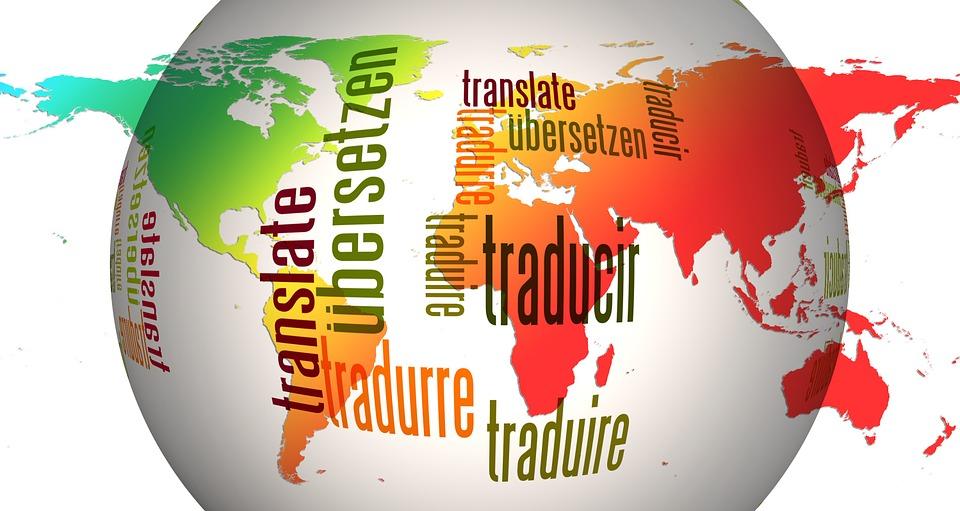How to build your career when the whole world stops? It might not be easy, but it is certainly doable. Especially, if you know the steps that will lead to your desired goal – becoming a professional translator.
Having a decent knowledge of two languages isn’t enough to call yourself a professional. Like every career, this too demands investment, effort, learning, and continual development.
Learning a foreign language and become a professional translator are two different things. In order to become a translator, you need to be fluent or near-fluent in both the source language that you are translating from as well as the target language that will receive your translation.
If you wish to obtain a title of a professional translator, here is what you need to do.
Perfect Your Language Skills
How sure are you of your language proficiency? To work as a translator, you need to master two (or more) languages that you’ll target.
Work on your source and target language skills until you feel confident in your ability to work as a translator. Reading a lot in both source and target language is compulsory for improving your vocabulary.
Knowing just the languages isn’t enough. You need to get to know the culture, customs, slang, and more to successfully translate texts. The more you immerse yourself in the target cultures, the more natural will your translation be.
Establish Your Authority With Certification
Degrees and certifications aren’t an unavoidable requirement for translators. However, they will help you gain the trust of clients.
Providing proof of your knowledge will give you an advantage compared to other translators. You’ll also assure your status as a professional translator.
Translator associations are the place to turn to for certification. For example, if you are situated in the US, you should get an ATA certification. You can see a list of organizations and associations here if you want to find one in your country.
Consider Specialization in a Certain Field
The translation is a wide notion. A translator can work in the fields of medicine, business, technology, science, education, literature, etc. No one can be highly specialized in all fields. So, finding your direction can help you build your career.
Decide what type of translation you want to specialize in. Then, discover webinars, courses, and other sources for polishing up your translation skills in your industry.
Offering high-quality translation in one field will bring you more job opportunities and higher pay than dabbling in general translation.
Build Your Set of Tools
In the modern world, translating without the help of technology is a rare thing. Translation software is the translator’s best friend.
According to the CKAB post, the best translation software is:
- GlobalLink
- SDL Trados Studio
- WordFast Pro
- Smartcat
- Phrase
If you want to be a professional, you’ll need to invest in quality technology. Of course, you can’t solely rely on software, but they are a useful addition.
Besides translation software, you can use readability checkers and editing tools. They can boost your translations’ comprehension.
Gain Experience
Experience is what makes you a true professional. As you tackle different jobs, you’ll hone your craft, discover your weak spots, and improve your translations.
With that being said, you should dive right into gaining that experience. For starters, you can turn to freelance websites like UpWork and book some side-gigs. Or, you can reach out to a professional translation services company and explain your desire to work and learn. Even if that means a lesser pay for an entry-level translator.
Promote Your Service Through the Online Community
Nowadays, you can hardly benefit from targeting brick-and-mortar companies for employment. However, the online community is more dispersed than ever, allowing you to market your services and find job opportunities.
Some ways in which you can promote your translation services are:
- Create a website with a blog (a blog is a good source of organic traffic)
- Make a LinkedIn profile and grow your list of relevant connections
- Join an online community of professional translators
- Attend webinars to network
- Reach out to language agencies, laws firms, and similar organizations that might need your services or can recommend you to their clients
Final Thoughts
Working as a professional translator is a rewarding career. But before you reap the rewards, you need to put some effort into perfecting your skills. Remember that a good translator is respectful, dedicated, and never stops learning. Stick to these rules and new job opportunities won’t stop coming.
Merissa Moore is a content writer and editor. She turned her biggest passion – writing – into a career thanks to her insightful research and impeccable writing skills. Her curiosity and diligent research have led her to writing jobs in various industries. Merissa is consistently working on improving her skills through various seminars and courses. In her free time, she likes to hike and read.














